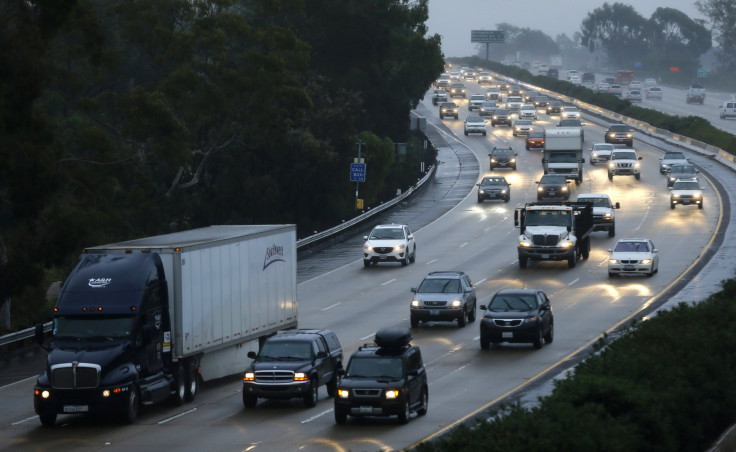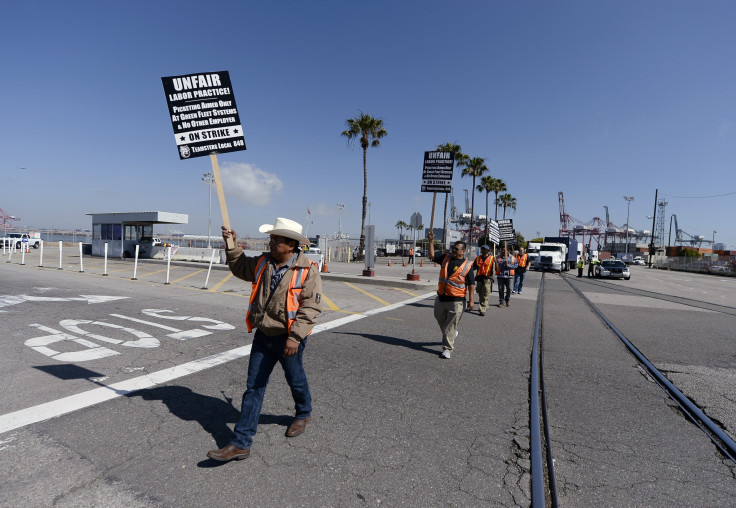Feds Bust Alabama Trucking Firm For Misclassifying Workers As Independent Contractors, Not Paying Overtime

Uber’s business model is under fire. Like countless other high-profile employers in the booming “sharing economy,” the tech giant classifies its drivers as independent contractors rather than employees -- a move that spares it from minimum wage obligations and payroll taxes like Social Security, but also exposes the company to potentially damaging lawsuits from drivers. It’s not the only one to adopt such an approach.
For decades, a number of trucking companies and contractors have done the same, sparking a bevy of debates, lawsuits, fines and public interventions along the way. On Tuesday, the Department of Labor ruled one of them was breaking the law. The federal agency ordered Alabama-based Fitzhugh Contracting LLC to pay $112,735 in back pay and damages for misclassifying workers as independent contractors and failing to pay overtime.

“Employers need to understand and be aware that it is unlawful to underpay employees, misclassify them as independent contractors or pay straight time for overtime to increase their profit margin,” Frank McGriggs, a deputy regional administrator for the agency’s wage and hour division, said in a statement. “Other employers who may be paying workers in a similar manner should take note of this investigation and change their practices immediately.”
Fitzhugh Contracting, according to investigators, misclassified 46 employees as independent contractors; the logging and trucking firm also paid 63 employees so-called “straight time” for all hours worked, instead of the mandatory time-and-a-half for hours worked beyond 40 in a workweek. The fine, which stems from an investigation conducted between February 2013 and February 2015, reflects $56,367 in back pay and the same amount in damages. Agency officials said the affected workers included truck drivers running local routes and laborers who operated cutting saws and backhoes.
A spokesperson for Fitzhugh Contracting declined to comment on the matter.
Misclassification is a common complaint in the trucking industry at large. The field was heavily regulated until the 1980s, when reforms allowed for the entrance of new low-cost employers into the interstate marketplace and helped usher in the use of independent contractors.
In the last few years, alleged trucker misclassification has sparked tense disputes at the busy ports of Los Angeles and Long Beach, where drivers who haul goods from docks to warehouses have walked off the job several times. Earlier this year, FedEx Ground settled a misclassification dispute to the tune of $228 million; FedEx's practice of classifying drivers as independent contractors rather than employees has yielded complaints from thousands of drivers on such grounds. Last year, New York state passed a law that makes it harder for firms to classify commercial truck drivers as independent contractors.
Last month, amid these debates, the Department of Labor issued a 15-page memo of guidance on the topic, bemoaning that "misclassification is found in an increasing number of workplaces in the United States." No single rule or test exists. But in general, the agency says that workers who are economically dependent on their employers should be classified as employees.
© Copyright IBTimes 2024. All rights reserved.






















